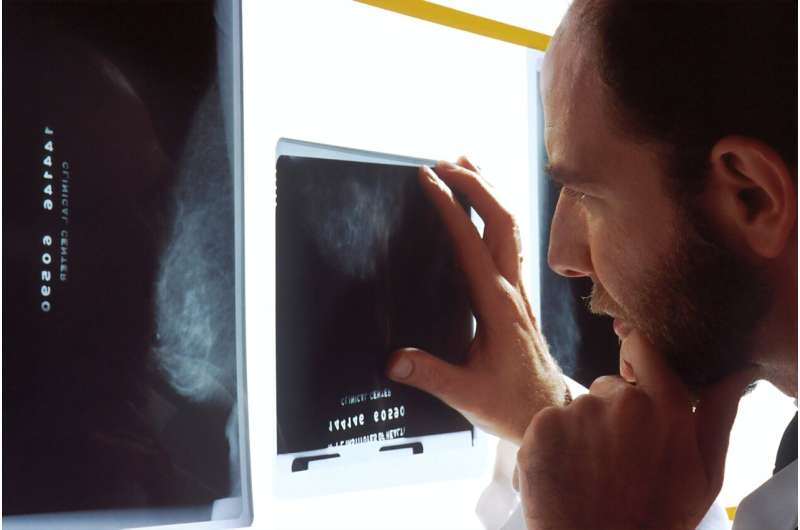Innovative Cardiac Xenotransplant Research Offers Hope for Critically Ill Infants

A pioneering team led by Children's Hospital Los Angeles has achieved a significant breakthrough by demonstrating the potential of using genetically engineered pig hearts as a temporary 'bridge' to heart transplantation in critically ill infants. This groundbreaking preclinical research marks the first time in the world that such an approach has been explored, providing hope for babies with severe heart conditions, especially those suffering from single-ventricle heart disease, who often face high mortality rates while waiting for donor hearts.
The study was presented on April 28 at the International Society for Heart and Lung Transplantation Annual Meeting in Boston by Dr. John David Cleveland, a congenital heart surgeon at the hospital. The primary aim is to eliminate reliance on mechanical support devices, such as ventricular assist devices (VADs), which although helpful, have limited success in infants with single-ventricle conditions due to risks like stroke, bleeding, and infections. Dr. Cleveland emphasized that unlike mechanical devices, pig hearts could better mimic natural heart functions, potentially improving survival and quality of life.
Since initiating the research five years ago with support from an NIH grant, the team has transplanted genetically modified pig hearts into 14 young, size-matched baboons at external research facilities. Remarkably, eight of these baboons have survived several months post-transplant, with one living for nearly 21 months—the longest recorded survival of a nonhuman primate with a pig heart. The team also successfully reversed an episode of acute rejection and has demonstrated the feasibility of replacing a xenograft with a same-species heart, showing promising advances in transplant biology.
Advances in genetic modification and immunosuppressive therapies—such as the investigational drug tegoprubart—are critical to this progress. The use of miniature Yucatan pigs, due to their slower growth rates and genetic compatibility, further enhances the potential success of human applications. Researchers believe that infants' immature immune systems offer a distinct advantage for xenotransplant acceptance compared to adults, opening the door for future clinical trials.
While more research is required, this innovative work sets the stage for offering a viable temporary solution for infants waiting for human heart transplants. It could also enable babies to go home while awaiting donor organs, vastly improving their chances of survival and overall outcomes.
Source: https://medicalxpress.com/news/2025-04-team-world-cardiac-xenotransplant-bridge.html
Stay Updated with Mia's Feed
Get the latest health & wellness insights delivered straight to your inbox.
Related Articles
Study Finds No Causal Link Between ADHD Medication and Psychosis
New research shows that stimulant medications for ADHD do not cause psychosis in children. The study highlights that previous links were confounded by shared risk factors, reaffirming the safety of these treatments.
Advancements in Knee and Joint Replacement Surgeries in 2025
Discover how innovative technologies like robotic assistance and 3D printing are revolutionizing knee and joint replacement surgeries in 2025, leading to faster recoveries and personalized treatments.
Anti-Nausea Drug Associated with Improved Survival in Women with Triple-Negative Breast Cancer
A groundbreaking study suggests that the anti-nausea medication aprepitant may boost survival rates in women with early-stage and triple-negative breast cancer, especially when used during chemotherapy treatments.
Expert Analysis on Noise-Canceling Headphones: Benefits and Potential Risks to Ear Health
An expert explores how noise-canceling headphones work, their benefits, and the myth surrounding their impact on ear health and auditory processing disorders. Learn the facts about safe listening and hearing protection.



